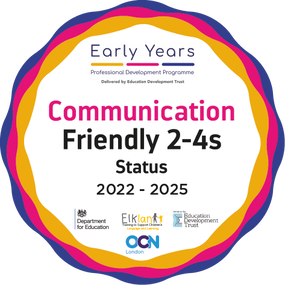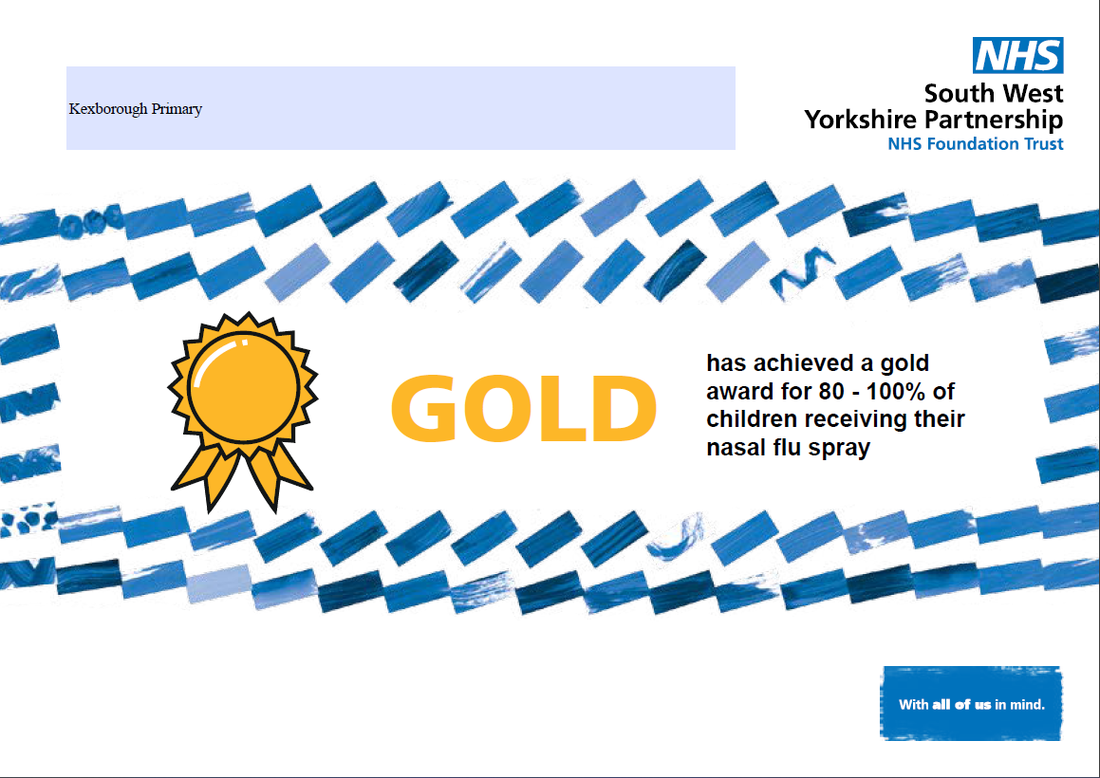Music Curriculum
Our aim at Kexborough is to
At Kexborough Primary we aim to encourage and inspire children to be musicians. We will provide meaningful, engaging, exciting, high-quality teaching and learning opportunities by allowing all children to develop their skills as musicians. To listen, sing, perform, evaluate a range of genres and styles in our music curriculum will prepare children to aspire to be confident musicians. A progression of the skills, knowledge and experiences will be embedded throughout so the children can compose and perform all musical elements which are purposeful, empowering and aspiring for all. We encourage all children to think creatively and to represent feelings, emotions and self-expression in music with an element of evaluation. We develop the children’s curiosity, respect, value and importance of music in school and the wider community where a love of music can be shared.
The music curriculum ensures children sing, listen, play, perform and evaluate. Through the musical program Charanga, teachers are able to produce inclusive lessons for all children to access the musical curriculum in a fun and engaging way, further promoting a love of learning. Teachers deliver music following the Charanga programme, designed specifically for the teaching of music in primary schools. Charanga lessons are planned in sequences to provide children with the opportunities to review, remember, deepen and apply their understanding. The elements of music are taught in classroom lessons so that children are able to use some of the language of music to dissect it, and understand how it is made, played, appreciated and analysed. Playing various instruments enables children to use a range of methods to create notes, as well as how to read basic music notation. They also learn how to compose, focusing on different dimensions of music, which in turn feeds their understanding when listening, playing, or analysing music. Composing or performing using body percussion and vocal sounds is also part of the curriculum, which develops the understanding of musical elements without the added complexity of an instrument.
Our aim at Kexborough is to
- Explore a wide variety of historical period styles, traditions and music genres for all learners.
- Inspire all children to be creative, increase self-confidence and a sense of achievement to develop a love for music.
- To Spark a love and passion for a range of genres and styles in a range of musical elements.
- To Deepen their understanding of how music is created and how expressions can be represented through music.
At Kexborough Primary we aim to encourage and inspire children to be musicians. We will provide meaningful, engaging, exciting, high-quality teaching and learning opportunities by allowing all children to develop their skills as musicians. To listen, sing, perform, evaluate a range of genres and styles in our music curriculum will prepare children to aspire to be confident musicians. A progression of the skills, knowledge and experiences will be embedded throughout so the children can compose and perform all musical elements which are purposeful, empowering and aspiring for all. We encourage all children to think creatively and to represent feelings, emotions and self-expression in music with an element of evaluation. We develop the children’s curiosity, respect, value and importance of music in school and the wider community where a love of music can be shared.
The music curriculum ensures children sing, listen, play, perform and evaluate. Through the musical program Charanga, teachers are able to produce inclusive lessons for all children to access the musical curriculum in a fun and engaging way, further promoting a love of learning. Teachers deliver music following the Charanga programme, designed specifically for the teaching of music in primary schools. Charanga lessons are planned in sequences to provide children with the opportunities to review, remember, deepen and apply their understanding. The elements of music are taught in classroom lessons so that children are able to use some of the language of music to dissect it, and understand how it is made, played, appreciated and analysed. Playing various instruments enables children to use a range of methods to create notes, as well as how to read basic music notation. They also learn how to compose, focusing on different dimensions of music, which in turn feeds their understanding when listening, playing, or analysing music. Composing or performing using body percussion and vocal sounds is also part of the curriculum, which develops the understanding of musical elements without the added complexity of an instrument.



